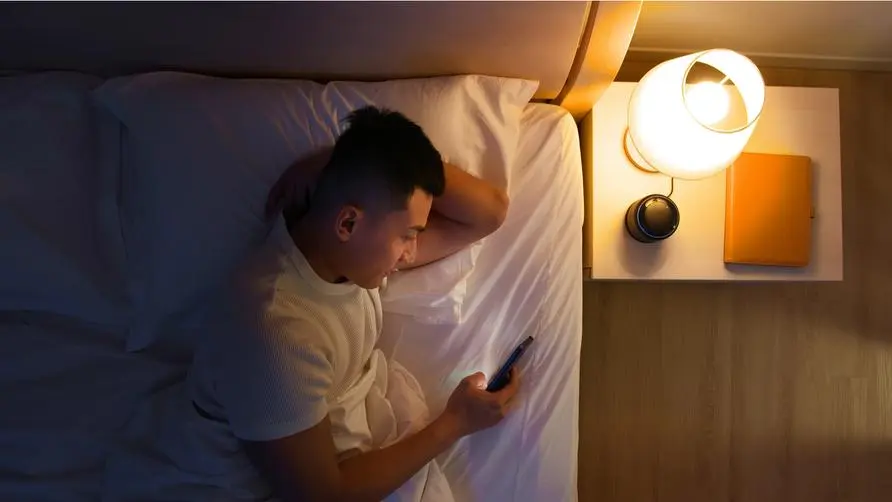Is "Sleeping with the lights on" more likely to cause diabetes? Research reveals the key: too bright light causes "endocrine rampage"

Is it possible that sleeping with the light on may be harmful to your health? Academic circles have previously pointed out that exposure to excessive light sources during night sleep will affect the body’s secretion of “melatonin”, which is more likely to lead to obesity in women and have an impact on the body’s metabolic regulation. Recently published content in the Proceedings of the National Academy of Sciences (PNAS) pointed out that light exposure during sleep will damage the body’s glucose metabolism and lead to a higher incidence of diabetes.
Does sleeping with the light on increase the risk of diabetes? Study shows effects on insulin resistance, glucose metabolism
Northwestern University in Chicago, USA, gathered 20 young people to conduct a three-day and two-night sleep experiment. The subjects were randomly assigned to two rooms with bright or dim lighting. The experimental group was exposed to a light source of less than 3 lux (lx) on the first night and a light source of 100 lux on the second night. The control group rested under a light source below 3 lux for 2 nights.
After collecting blood samples, sleep quality assessment scales and blood pressure readings from the subjects, the research team found that the experimental group’s heart rate increased during sleep, and “insulin resistance” occurred in the morning of the second day. The experimental group slept less and dreamed more during light sleep and rapid eye movement (REM) periods. However, there was no significant difference in the effects of sleeping with lights on on the cerebral cortex, sleep fragmentation and melatonin in the two groups of horses.
Study author Phyllis C. Zee pointed out that bright light easily stimulates the autonomic nervous system area in the brain. Compared with the evening, mainly in the morning and/or night time, cortisol or heart rate statistics related to light show that light has an impact on the autonomic sympathetic nervous system. Has a “waking up” effect.
Zee further stated that the activation of sympathetic nerves during deep sleep may have a negative impact on the “glucose metabolism” in the body, and the function of “pancreatic beta cells”, which are mainly used to lower blood sugar, is also significantly reduced. It is worth noting that overactivity of sympathetic nerves has been shown to lead to insulin resistance or early diabetes, and to increase the risk of obesity and metabolic syndrome.
Poor sleep quality is more damaging to the brain and the body is prone to inflammation. Before going to bed, check the “3 measures” to do
However, the sample size of this study was obviously insufficient, and it is not yet known what changes sleeping with the lights on will have on cardiometabolism. Therefore, Zee believes that larger-scale evaluative studies are still needed to demonstrate whether nighttime light exposure during sleep interacts with light exposure during the daytime period and to determine whether nighttime light exposure has long-term effects on cardiometabolic function.
Regardless of whether sleeping with the lights on will cause diabetes, it is certain that sleeping under bright lights will affect sleep quality to a certain extent. The American Academy of Neurology (AAN) has warned that people with long-term poor sleep quality have a higher risk of death from diabetes, increased brain cell damage, and are more likely to develop inflammation in the body.
Therefore, the American Psychiatric Association reminds you that you should try to allow your body to secrete melatonin before going to bed at night. A feasible approach is to keep the room dim, ventilated and cool, and avoid exposure to blue light from electronic products. In addition, you also need to pay attention to your diet and avoid eating high-fat and high-salt foods, so as not to affect gastrointestinal motility at night and increase the risk of insomnia.
source:
Sleeping with the light on may increase diabetes risk
Light exposure during sleep impairs cardiometabolic function
Poor sleep is associated with CSF biomarkers of amyloid pathology in cognitively normal adults
Further reading:





